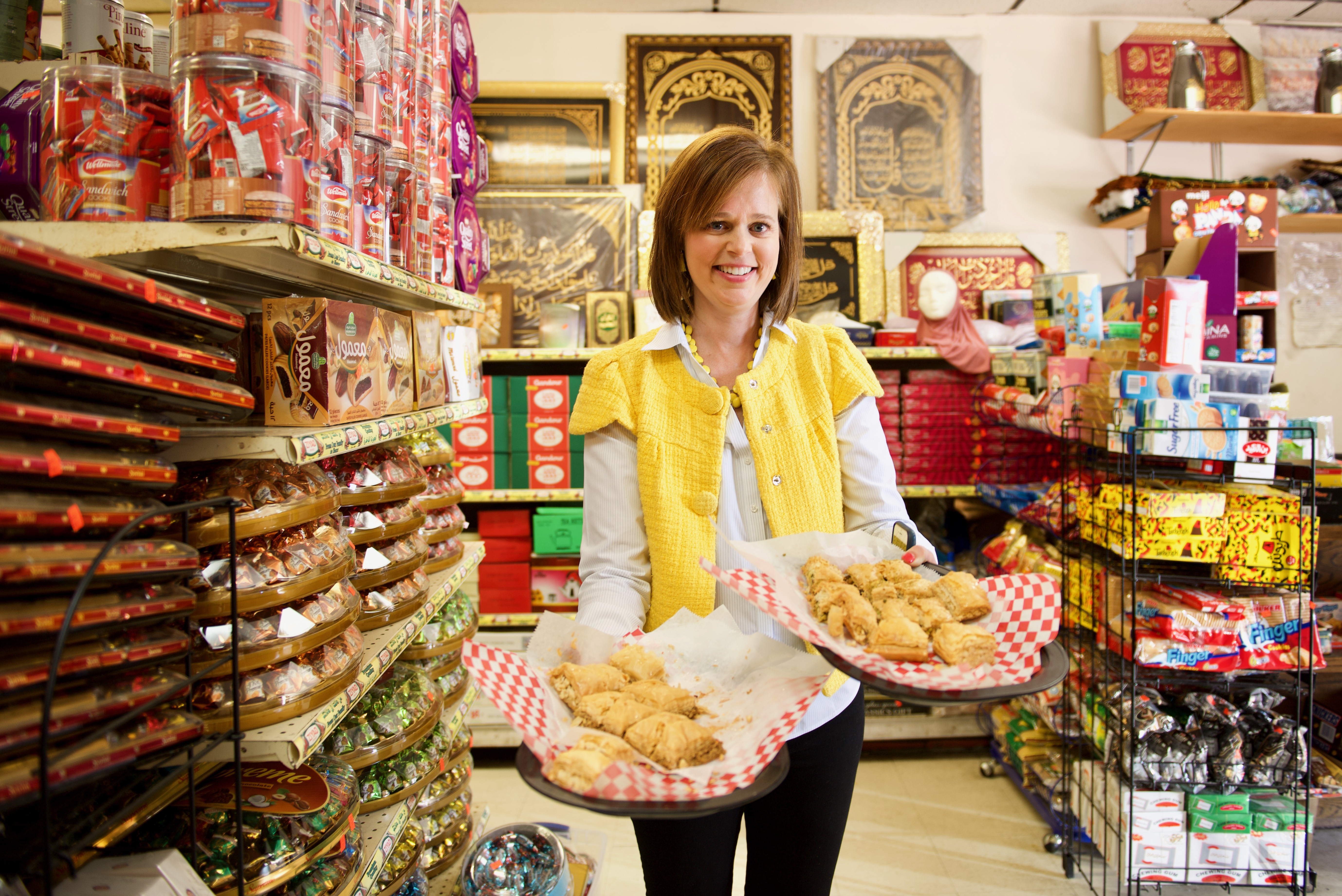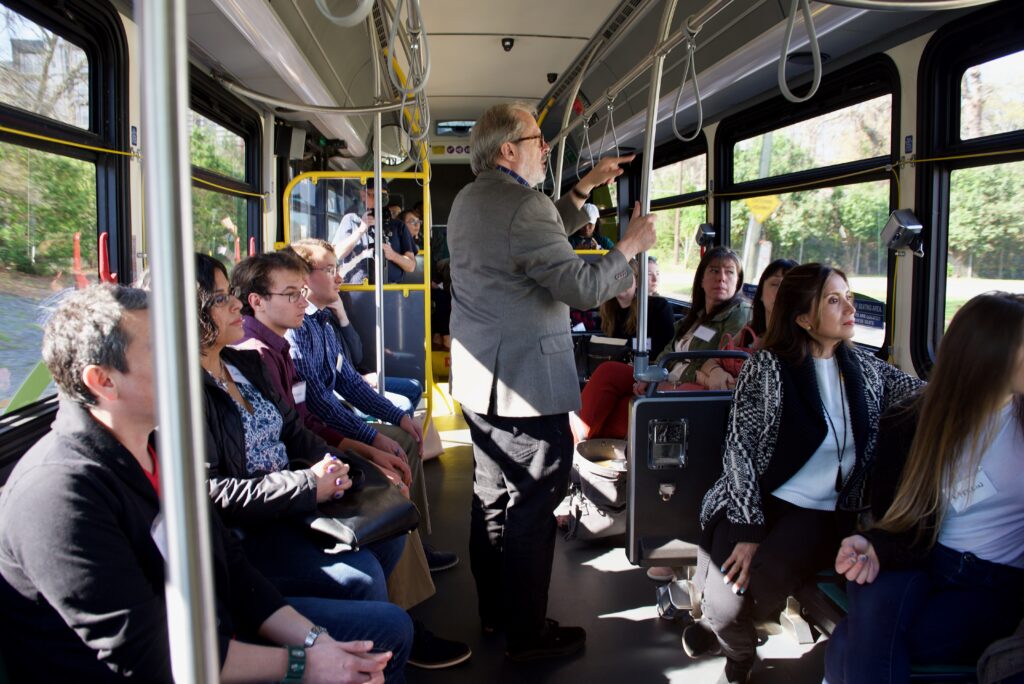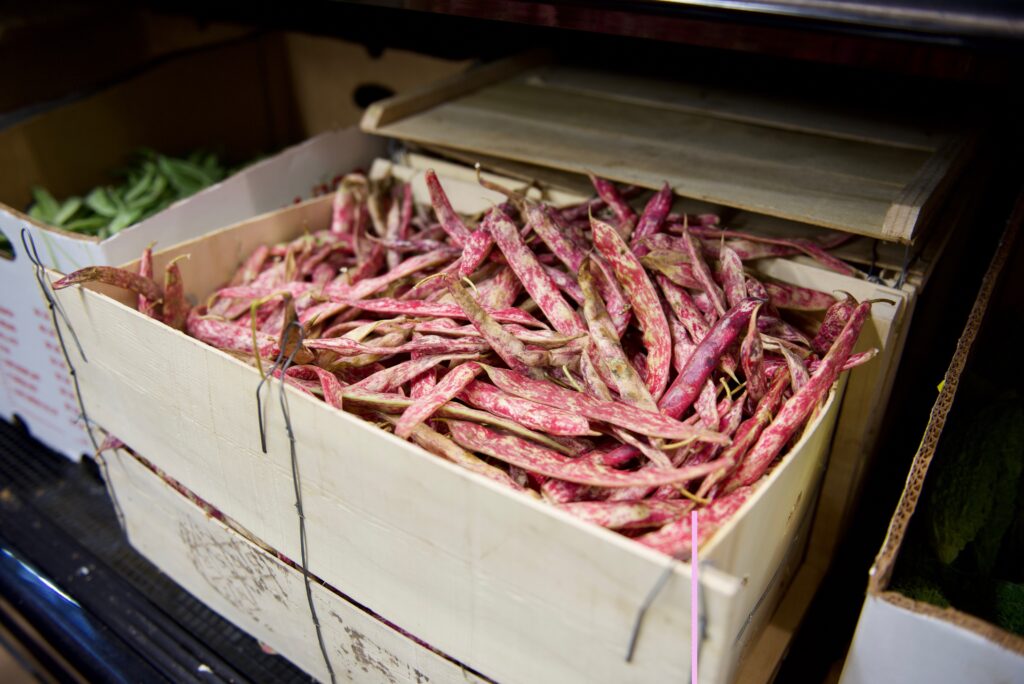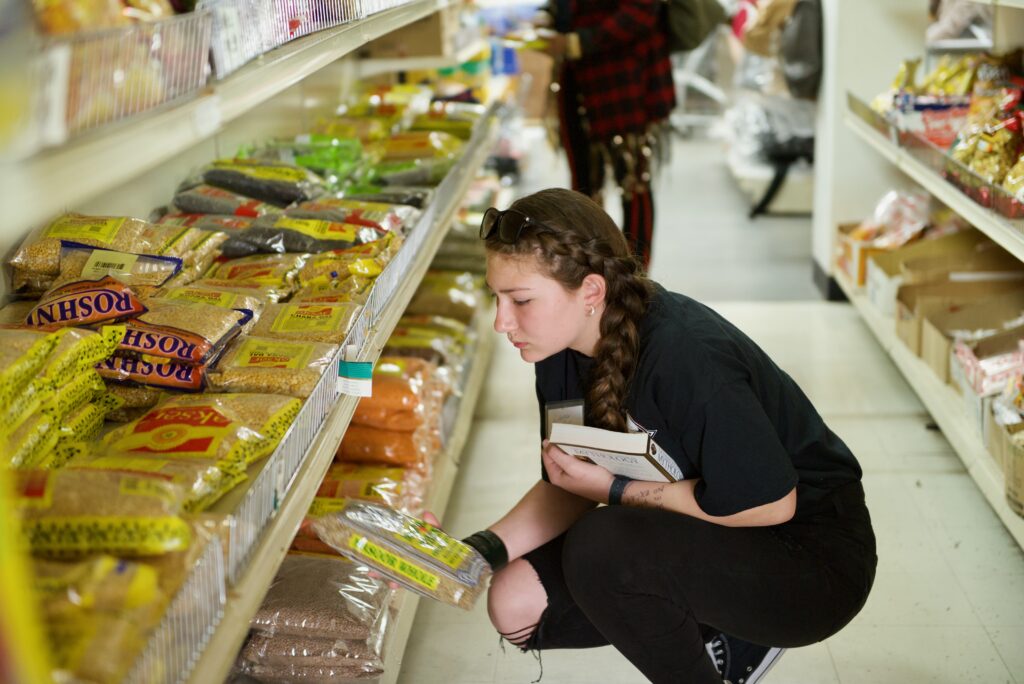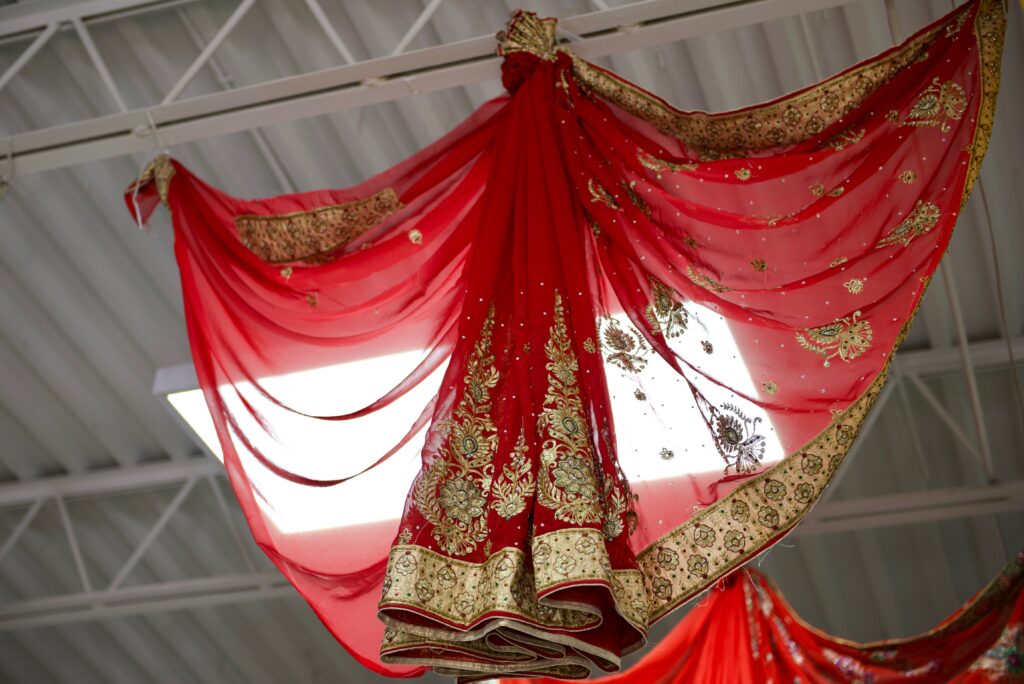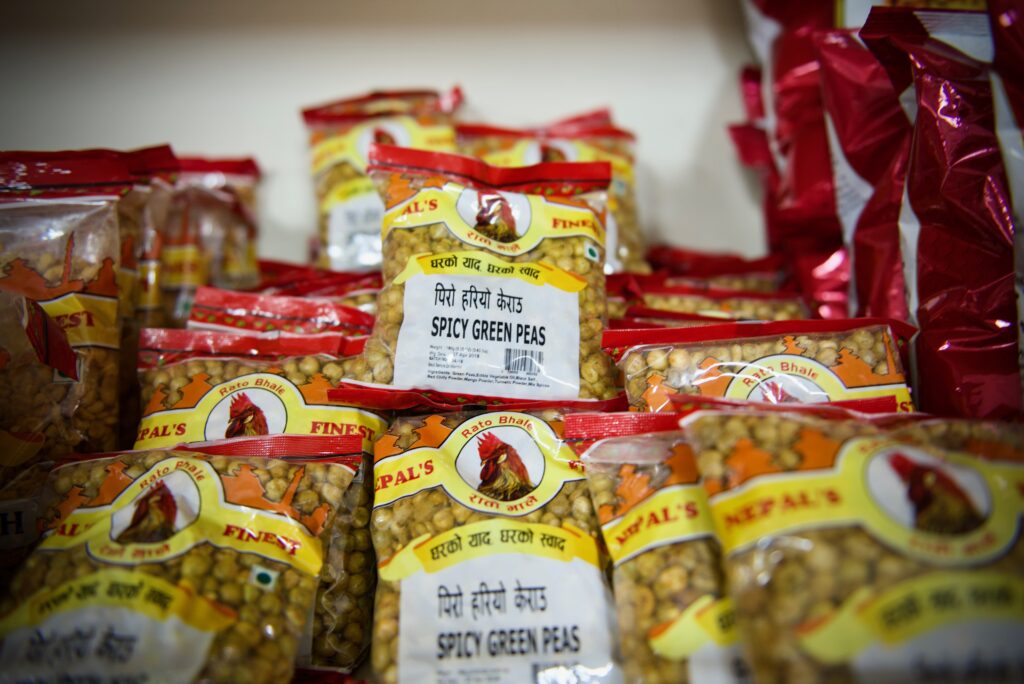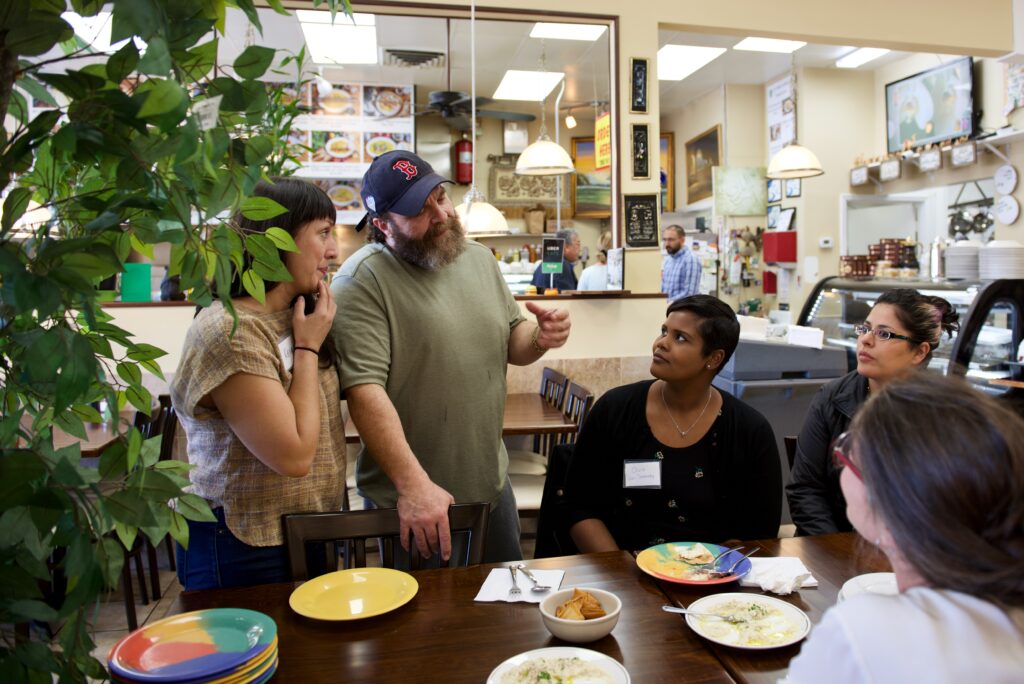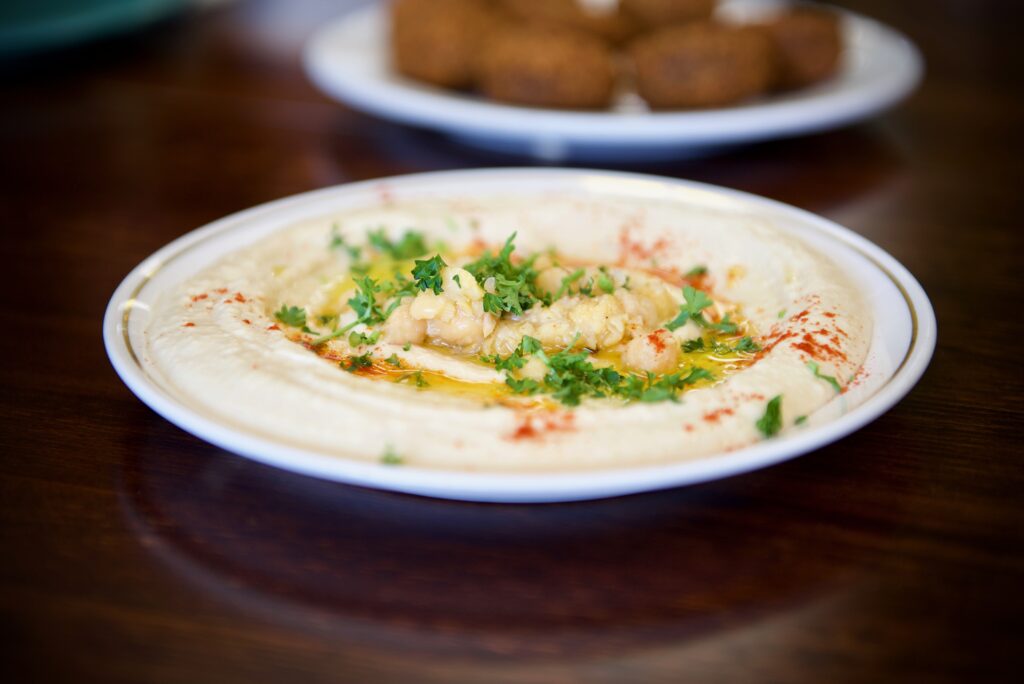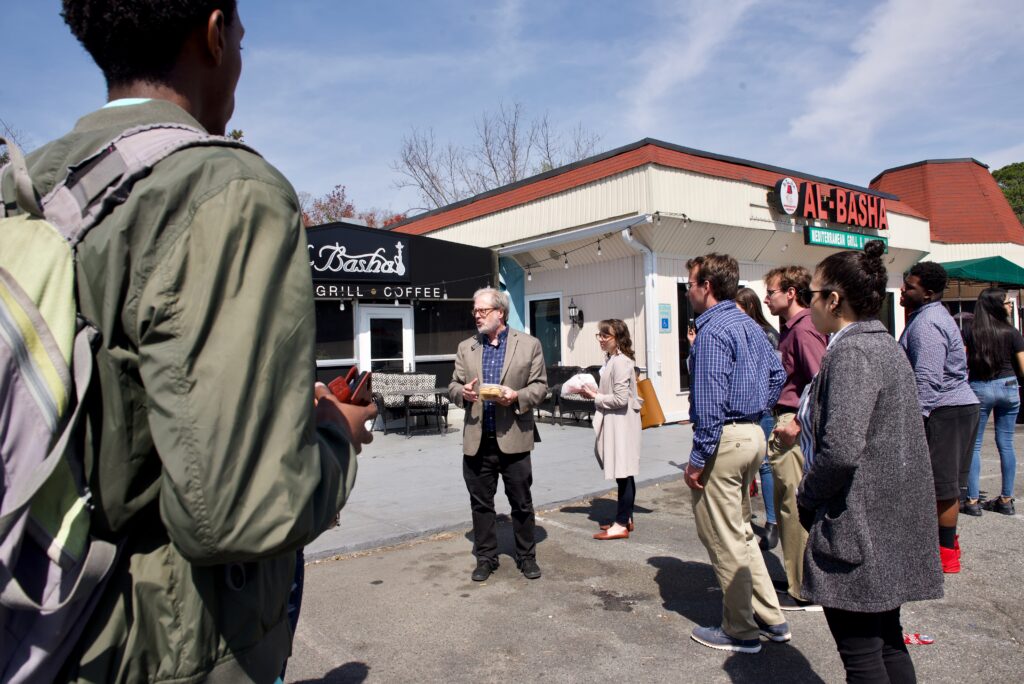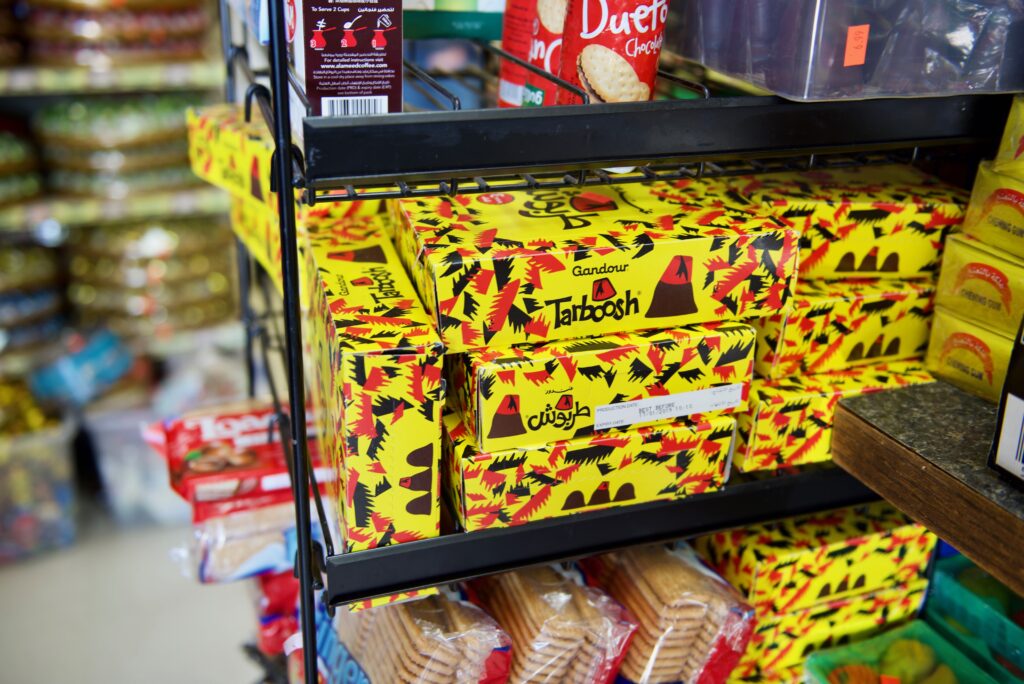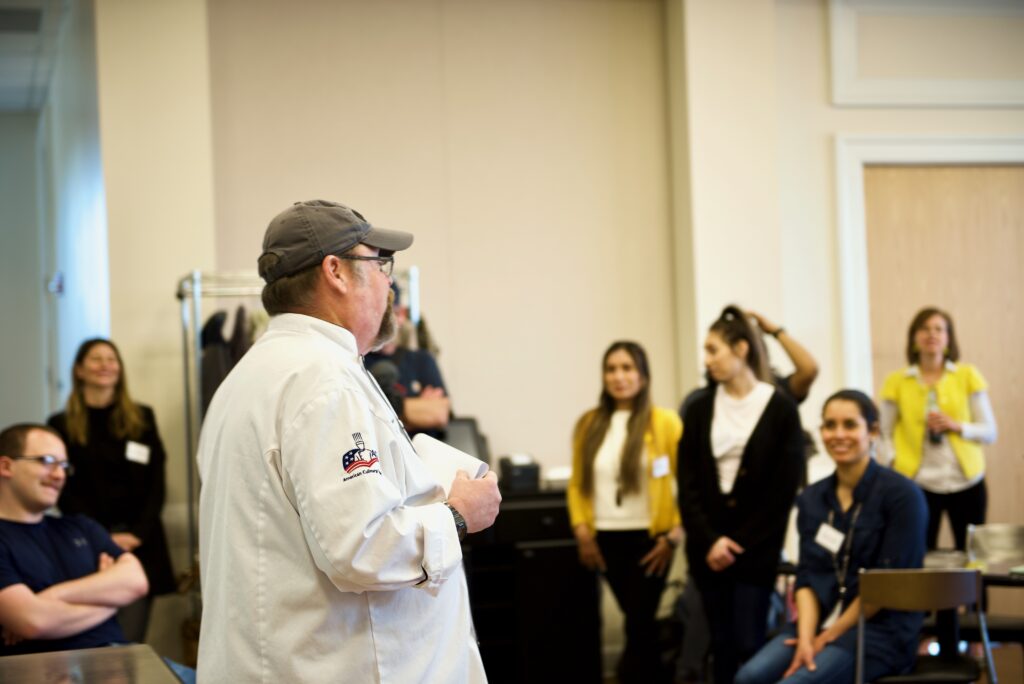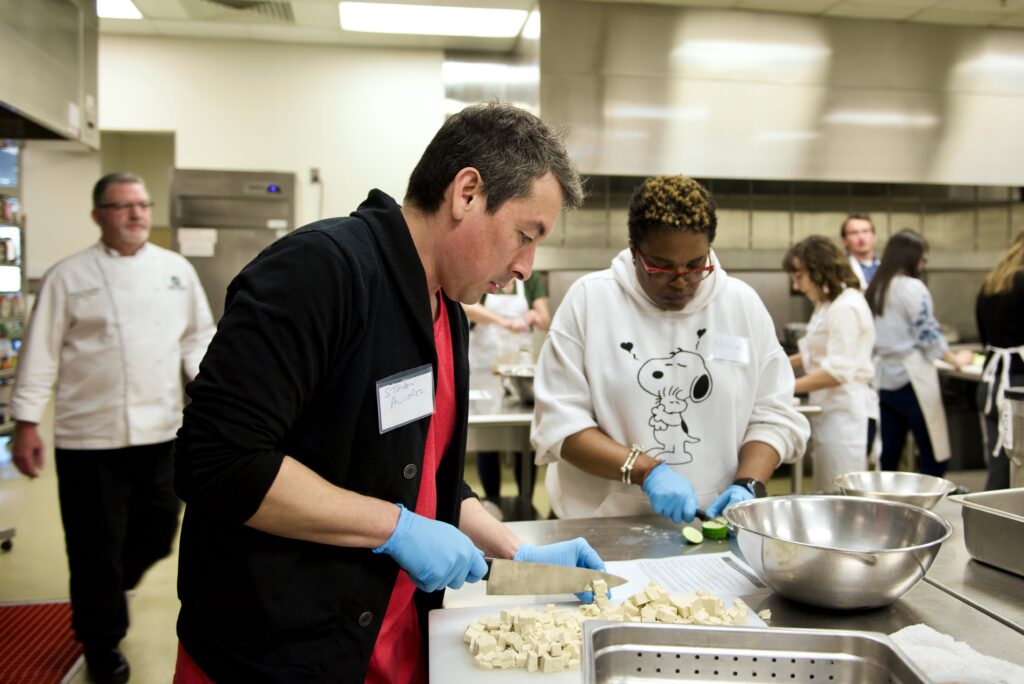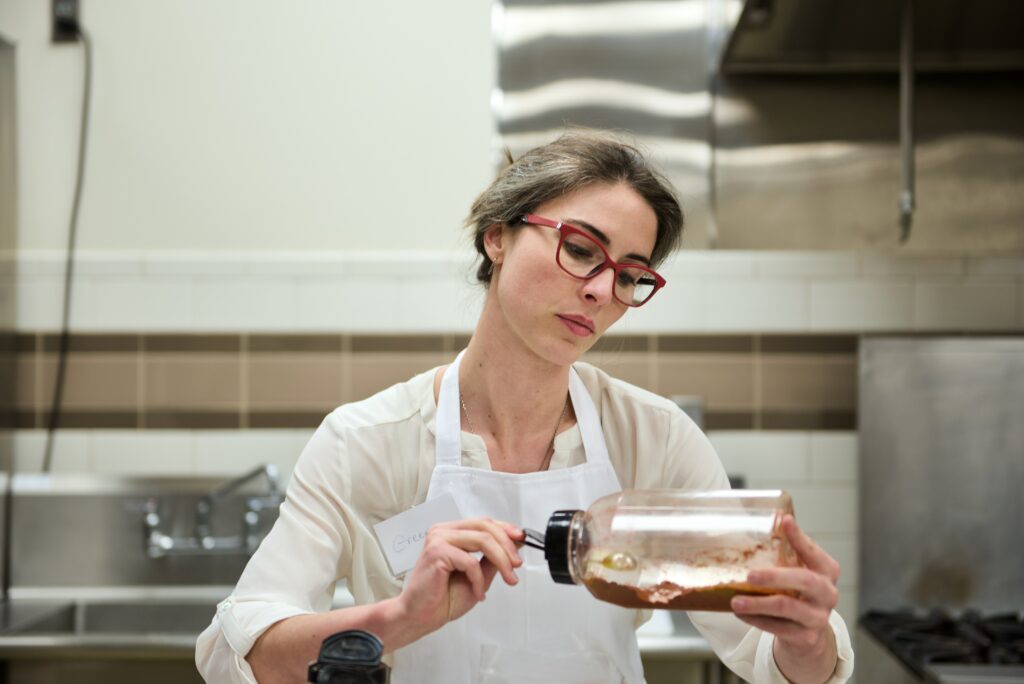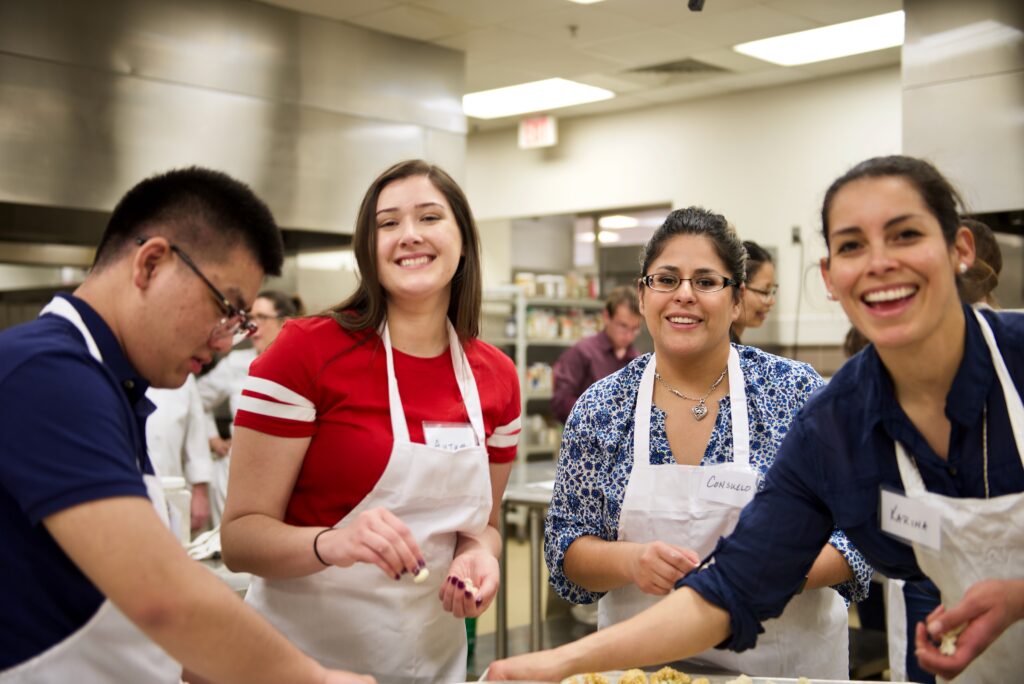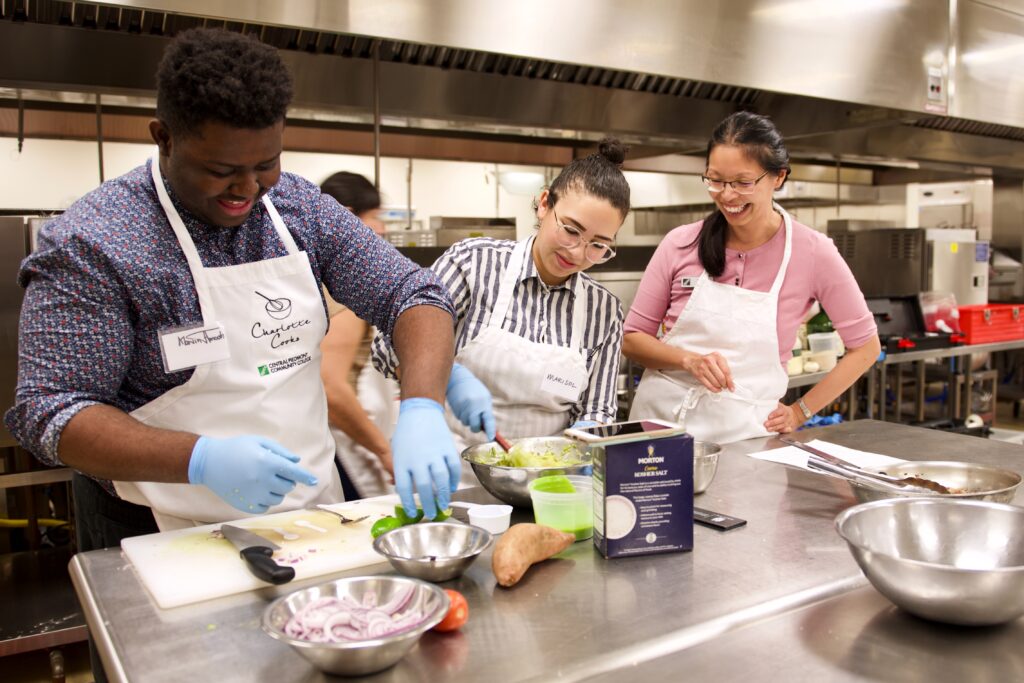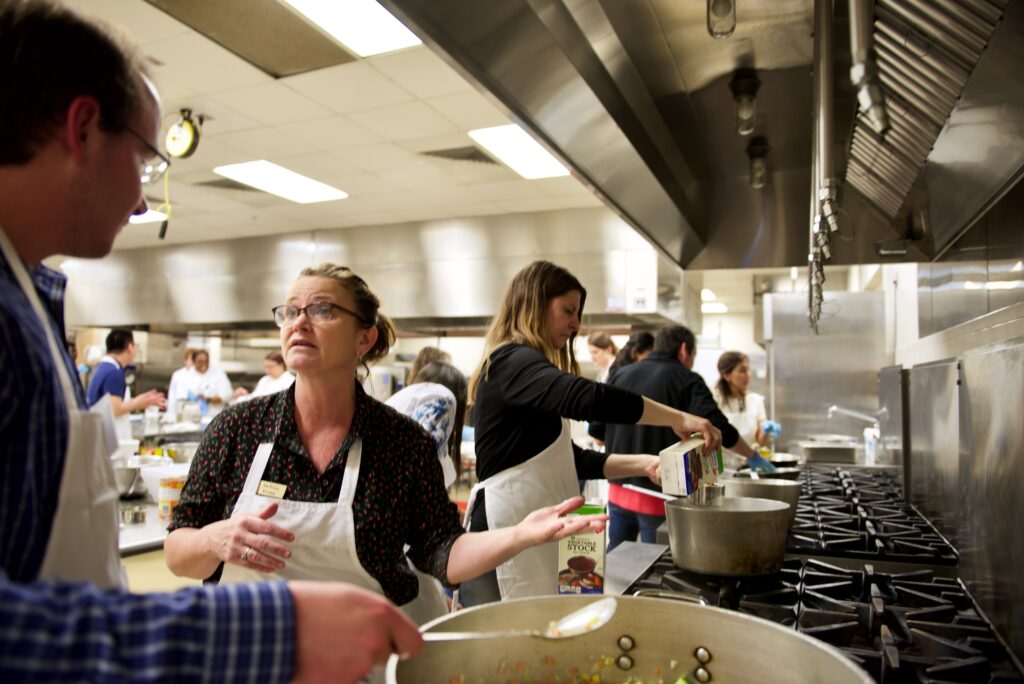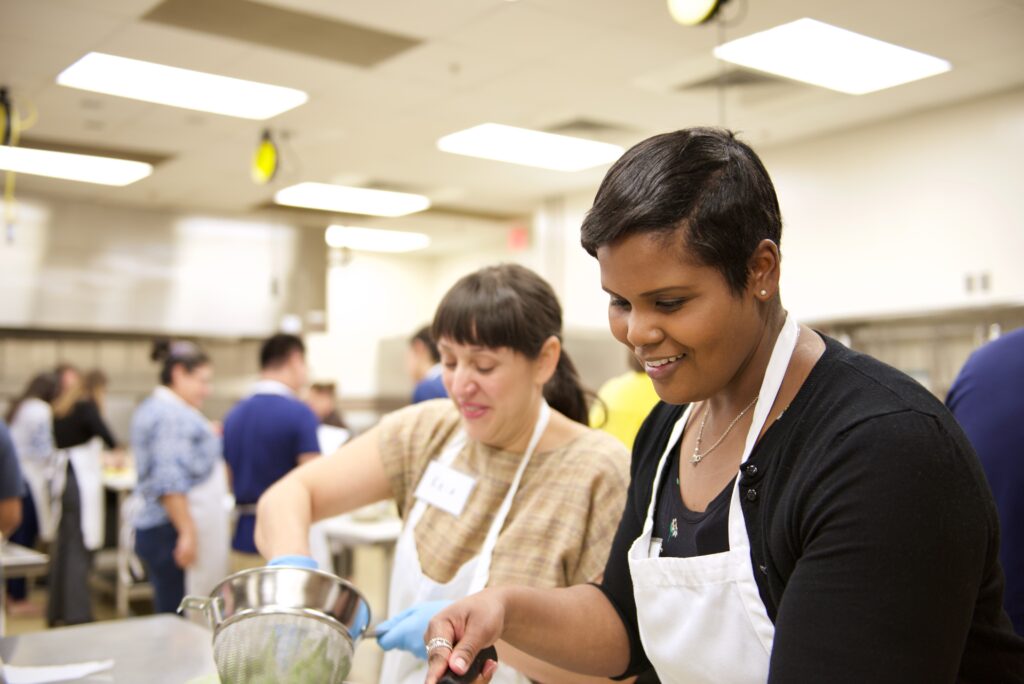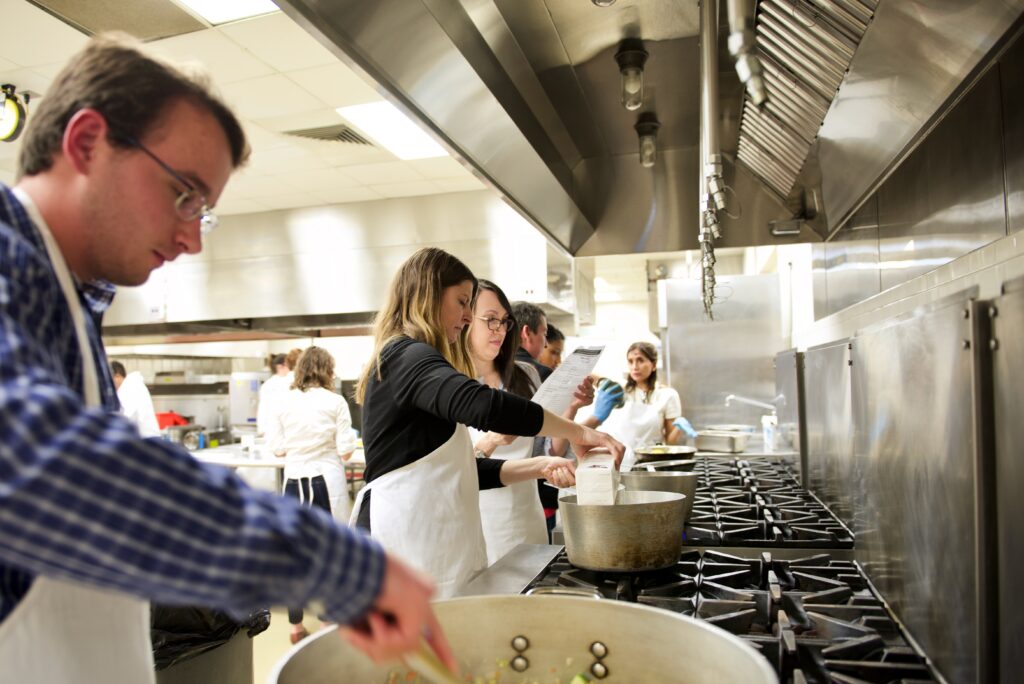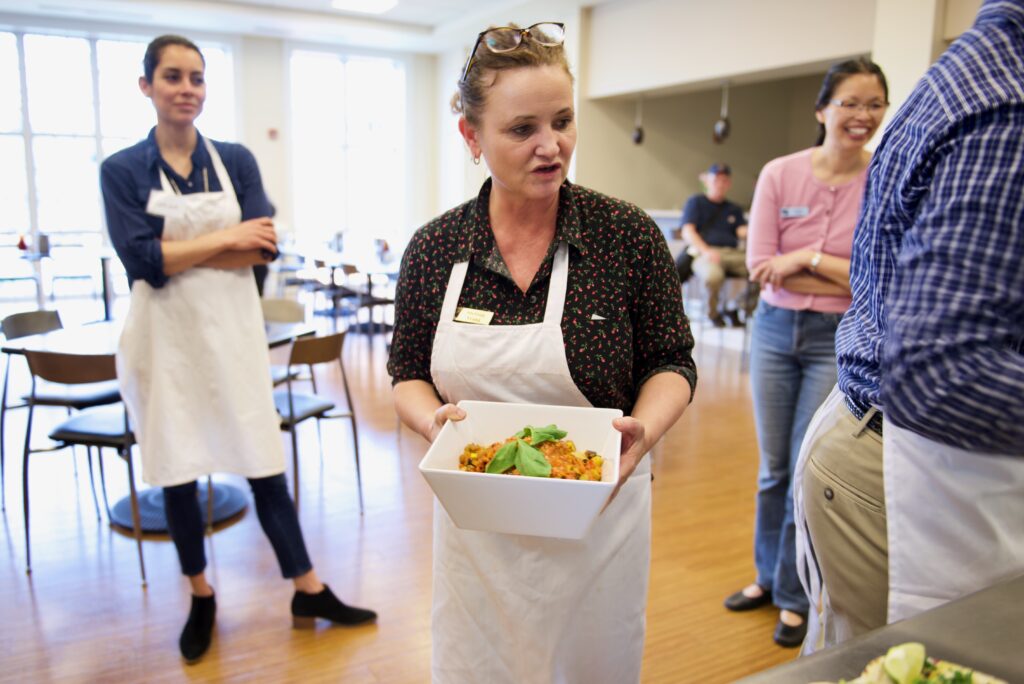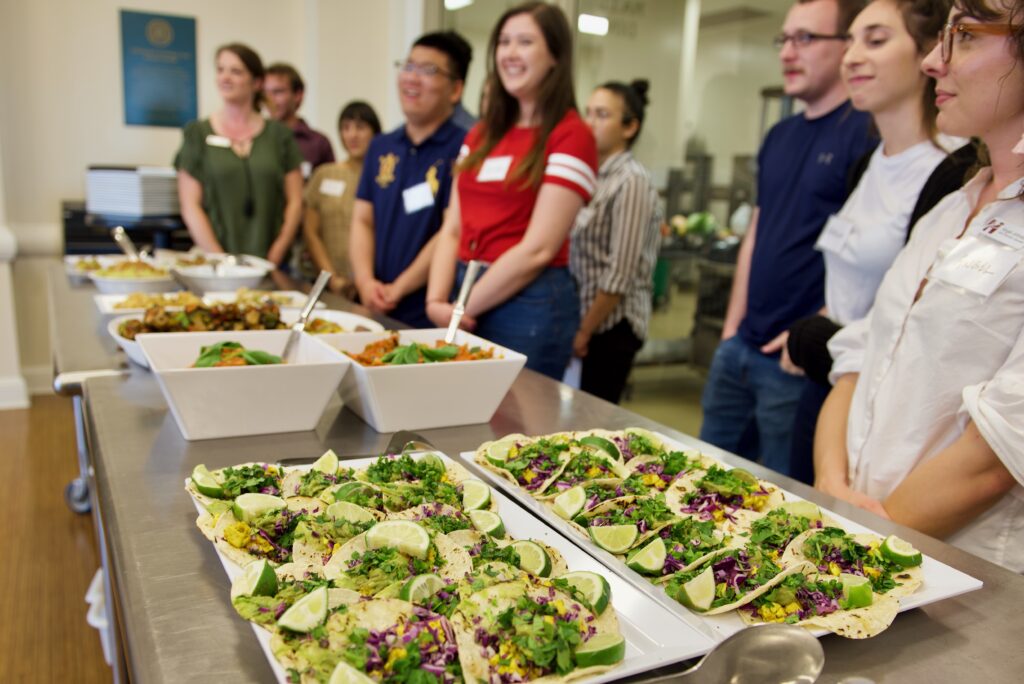Being an informed citizen in a democracy requires more than access to information and the capability to act upon it. Citizenship also necessitates understanding the people who make, and will be affected by, community decisions.
The Civic Eats project seeks to help create a better informed Charlotte citizenry through a focus on the connective potential of foodways – or why we eat, what we eat, and what it means.
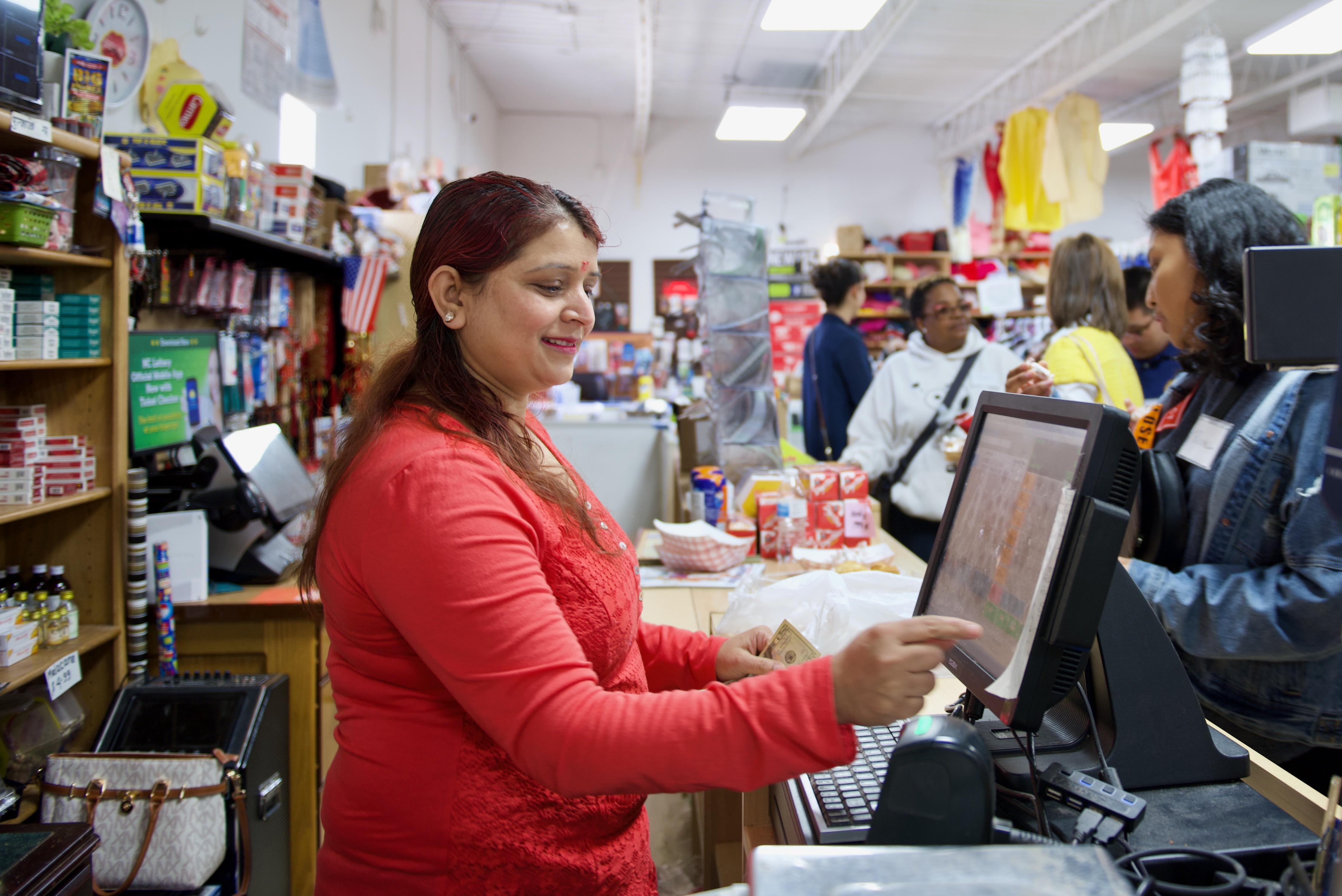
Research suggests that shared food experiences may promote a number of civic values including inclusivity, participation, and democracy. By staging a workshop where participants explore the foodways of Charlotte’s different cultural communities, we seek to foster increased trust and acceptance of diversity that residents consider when making civic decisions.
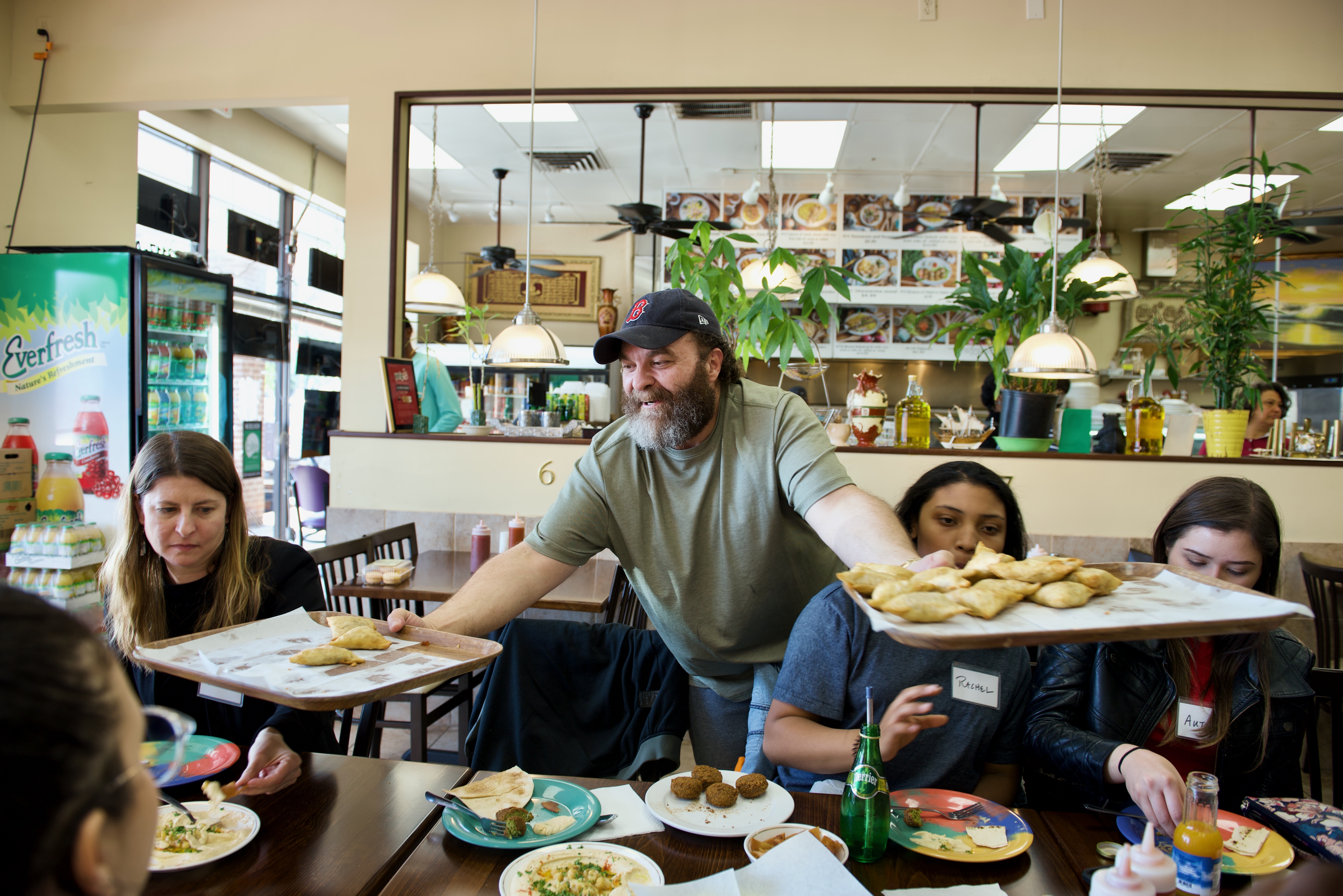
Food serves as a universal communicator. Charlotte, as an economically immobile and racially divided city, needs to find more ways for conversation. Food experiences provide more approachable methods to explore commonalities and perhaps improve relationships.
Becoming more food literate strengthens communities, helping create a citizenry better able to relate to each other. Using foodways as part of citizenship education goes beyond learning history and government to teaching cooperation and community. Civic Eats, a partnership between UNC Charlotte’s Center for the Study of the New South and Central Piedmont Community College, builds upon the concept of food literacy through application in civic contexts.
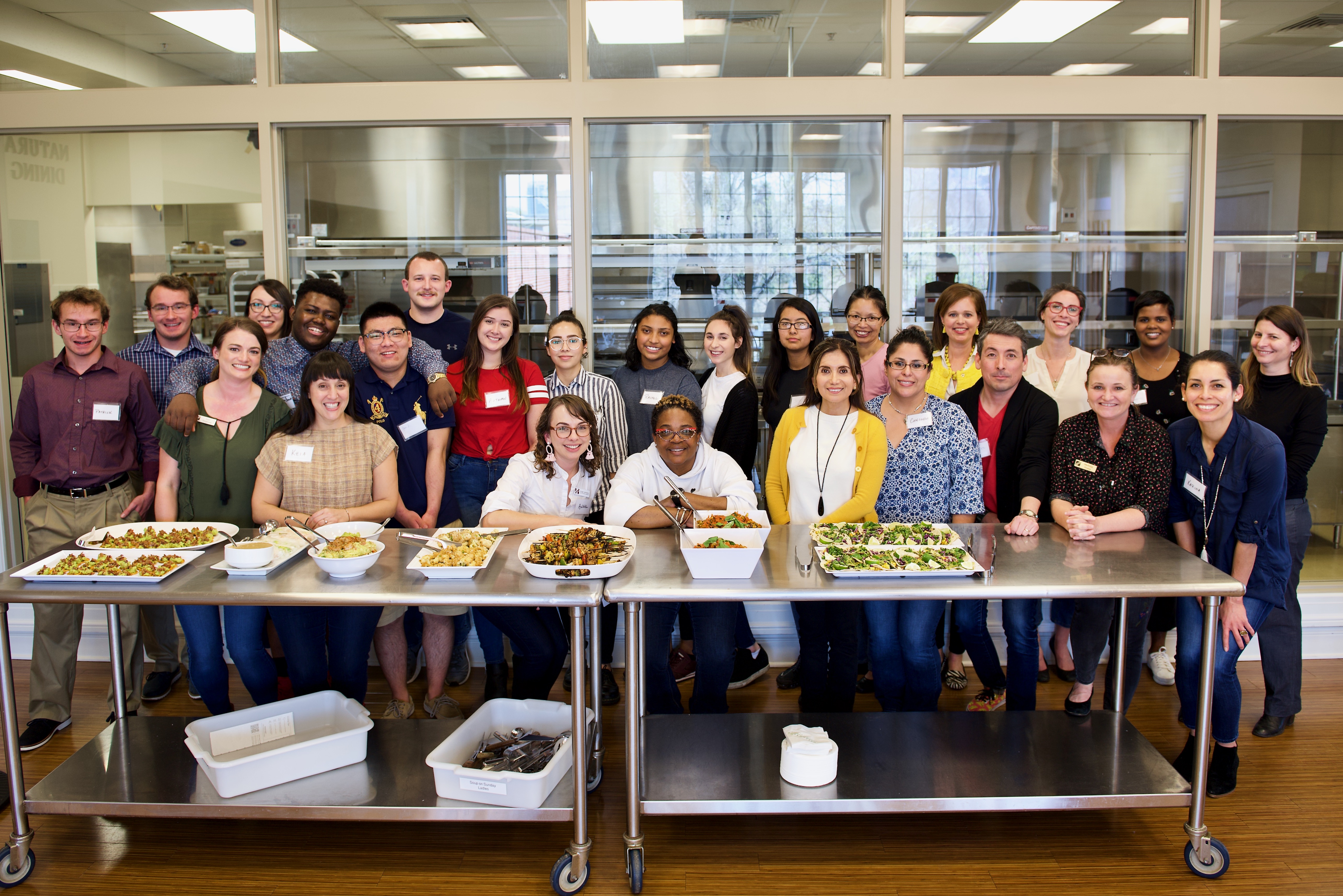
Food has also been described as a “potent heuristic device” for Western education. It is a lens of inquiry that is universal and less politicized than some other perspectives. It allows for the interrogation of numerous humanities questions, including history, power, human agency, and culture, helping in the pursuit of creating knowledge. The project uses food as a lens to investigate the complexities and commonalities of being a citizen in today’s Charlotte, helping to provide new ways to think about the relationship between our values and viewpoints.
These words are an edited version drawn from project organizers’ application to the North Carolina Humanities Council, which has provided funding for the community-engaged research. Conference organizers are Ashli Stokes, a UNC Charlotte faculty member, and Melissa Vrana of Central Piedmont Community College. Others involved with executing the workshop include Nicole Peterson and Conseulo Salas, who are faculty at UNC Charlotte; Richard Kugelmann and John LaTour of CPCC’s Hospitality Education program; Charlotte historian Tom Hanchett; Steven Alvarez of St. John’s University; students from UNC Charlotte and CPCC; and leaders from the broader Charlotte community.
Words: Ashli Stokes | Images: Lynn Roberson



